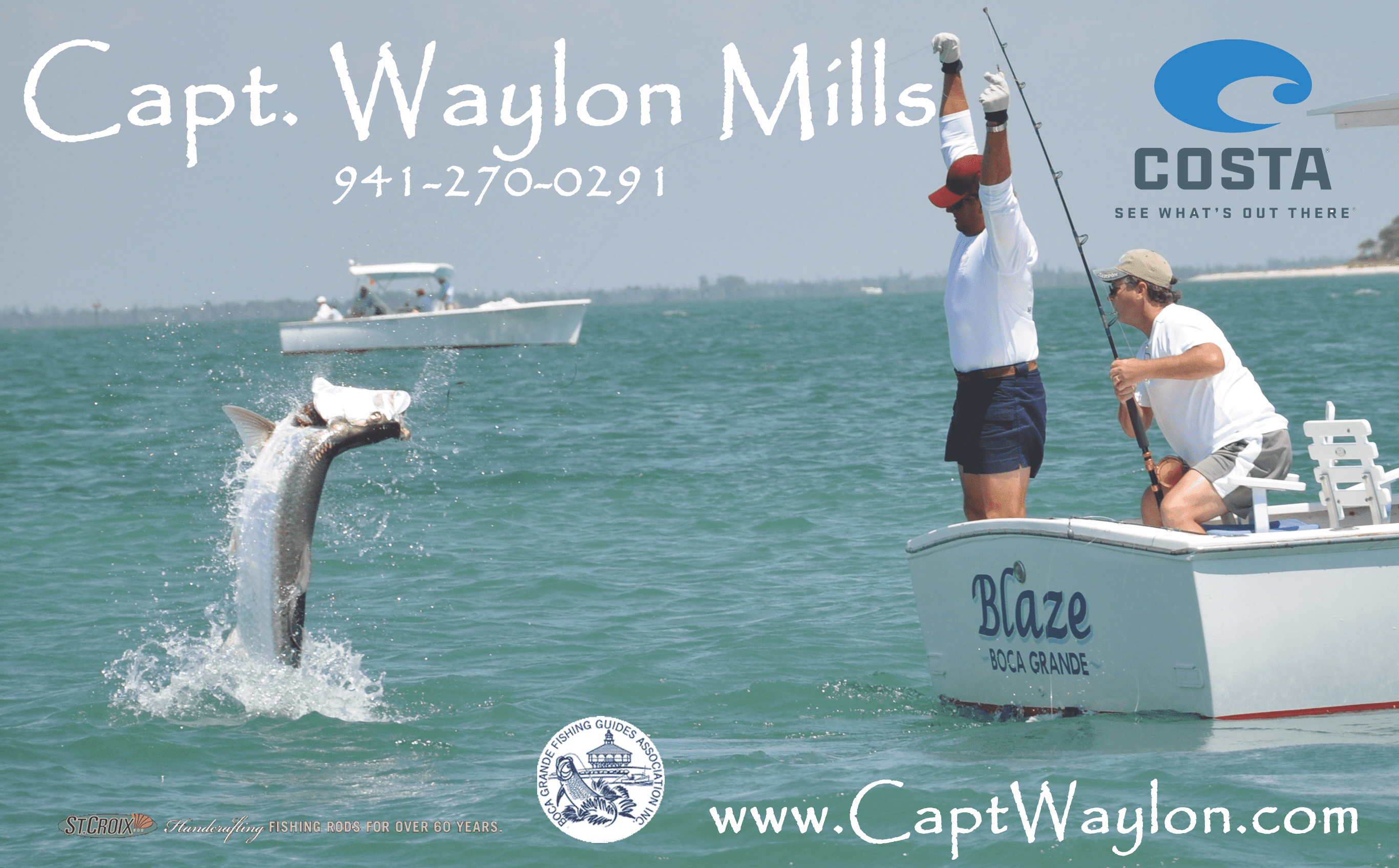Boca Grande Disaster Fund created to help businesses, nonprofits and churches
Money isn’t everything, but it is something. It is something that can help bring peace of mind to people who have lost so much, as well as help them recover after the devastation of Hurricane Ian. That is the thinking behind the establishment of the Boca Grande Disaster Fund, under the management of the Lighthouse United Methodist Church.
“This is what churches are supposed to do … become the vehicle to help people,” said Larry Hannah, a member of the committee leading the establishment and operation of the newly organized fund.
“Many businesses are reluctant to take money to reopen their businesses after a disaster like this,” he noted. “They are afraid there won’t be a town left to support their investment. We are here to show them and tell them that Boca Grande IS coming back, and will be bigger and stronger than before.”
The fund is starting out with just over $1million available to support its grants. These funds will be directed at businesses, churches, community institutions, and the like. Hannah said that the August Busch family, the Farish family and the Nicholas family thought of this initiative and provided the seed monies to create the fund to rebuild and restore the business community of Boca Grande. As others have heard about the fund, it has grown substantially, with donations often in the amount of $25,000 and more. Boca Grande’s Englewood State Bank is handling the fund’s business.
Mary O’Bannon and Larry Hannah facilitated the formation of the fund under federal Internal Revenue (IRS) rules and approval of the United Methodist Conference, in Lakeland, as well as the pastor and others at the Lighthouse United Methodist Church. Lighthouse is administrator of the fund, but monies do not come from the church, it is “a conduit for getting the money to those who need it,” explained Hannah. Handling the business-end of things is a committee, made up of Hannah, O’Bannon, Sharon Cross and Stephanie Newman.
Hannah said the IRS has a special program specifically designed to help established charitable institutions, such as churches, serve in this capacity. There is a document that gives step-by-step instructions as to how the process should work. “I see it as something like a cookbook,” Hannah said. “It tells you what you have to do and how to do it.” If you follow the book, it is not a difficult process, he said.
“We see this fund as serving as a 60-to-90-day caregiver,” he said. It provides a means for businesses and others to kick-start their recovery, keep people employed, take care of immediate needs, and continue to stay in business. He noted that this is especially important now, as Season is normally starting. People want to see that we are still in business here, he said, and will not hesitate to come to the Island.
As of the beginning of this week, there were already 21 applications in hand. Each of the members of the committee has been going door-to-door to the businesses on the Island, offering application forms. “It is an emotional thing for everyone, and we want them to know we are here to help!” Hannah said.
When asked why the fund does not offer to help individuals who are not business owners, Hannah explained that there are other programs available to help individuals, but this program does, in fact, help other people. It keeps people on payrolls; it improves the prospect of businesses recovering from the disaster more quickly and potentially expanding or improving; it brings strength to the community as a whole, which helps everyone whose livelihood is connected to the Island.
The Boca Grande Disaster Fund works in addition to other funding available for disaster relief on the Island. For instance, the Barrier Island Parks Society (BIPS) has money coming from the state and other organizations for repairs to facilities at the parks, but is still eligible for a grant from the Boca Grande Disaster Fund – and, according to Sharon McKenzie, BIPS Executive Director, has sent in its application already. Several of the churches have established funds, as has the Women’s Club. Each of these is independent and has its own target donors, recipients and operational structure. With so much devastation from Hurricane Ian, no one fund would likely be able to offer the help these various programs can.
Hannah said 100 percent of the money collected by the Disaster Fund will be distributed to those in need. The only ones who will profit, monetarily, will be the businesses, churches, and other organizations of Gasparilla Island. Donations are tax deductible, and grants are usually not subject to federal tax on the value of the assistance received.
Throughout the application and granting process, the committee members will meet with applicants, help them identify their priorities, and reassure them of the support of the community. He noted than many of the local businesses are family-owned, have been part of the community for many years, have invested in the local economy, and are what brings people to live, vacation and visit the Island. Many local entrepreneurs are not accustomed to receiving help, but are often the ones offering help to others. Because of all these things, it may be difficult for them to accept help. The committee will be assuring them that by accepting this help they are, once again, helping the whole community.
Checks may be made payable to Boca Grande Disaster Fund and are tax deductible. Please e-mail meobannon@yahoo.com with any questions or for any additional information.
Checks may be mailed to Mary O’Bannon at PO Box 1468, Boca Grande, FL 33921
Boca Grande United Methodist Church, Inc. is a 501c3 non-profit organization.









